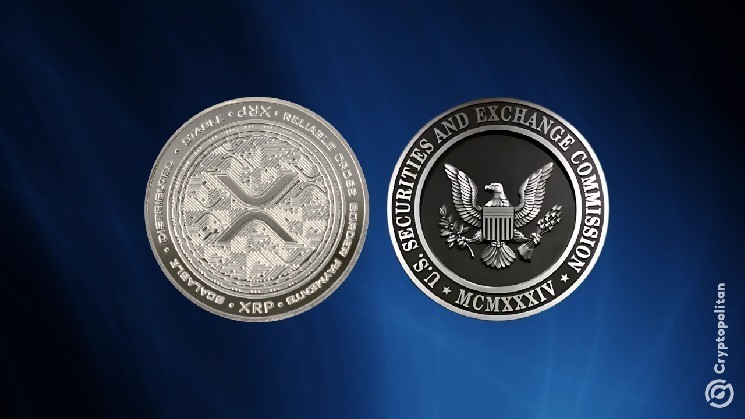The Ripple vs. SEC legal battle has been ongoing for nearly five years, drawing significant attention as the court deliberates on whether the sale of XRP violated US securities laws. Despite a joint settlement agreement between Ripple Labs and the SEC, District Judge Analisa Torres rejected the deal due to procedural errors in filing.
This setback has raised concerns about the legal system’s ability to handle cryptocurrency-related cases effectively. Some believe that the confusion surrounding the application of decades-old financial laws to new technologies is hindering progress in the industry.
The initial lawsuit filed by the SEC in December 2020 accused Ripple Labs of raising $1.3 billion through the sale of XRP tokens without proper registration as securities. While Ripple argued that XRP is a digital currency and not a security, Judge Analisa Torres ruled in favor of the SEC in 2023, imposing a $125 million fine and restrictions on future sales of XRP to institutional investors.
A revised agreement between Ripple and the SEC in 2024 sought to reduce the fine to $50 million and remove the sales restrictions. However, Judge Torres rejected the motion citing a failure to comply with Rule 60, which allows changes to final judgments only under exceptional circumstances.
The cryptocurrency community views this rejection as a reflection of the legal system’s slow and rigid nature when it comes to blockchain-related cases. The lack of agility in court rulings and settlement approvals can lead to confusion among investors and market speculation based on procedural delays.
The Ripple case underscores the broader issue of unclear regulations surrounding cryptocurrencies, with the SEC’s inconsistent enforcement actions adding to the confusion. The lack of a clear regulatory framework for digital assets leaves developers, investors, and regulators uncertain about compliance and legal standards.
Cryptocurrency firms face a challenging dilemma as they navigate growth ambitions amid regulatory risks. The uncertainty in the regulatory environment, as highlighted by Ripple’s legal battle, poses significant challenges for companies seeking to innovate while remaining compliant with the law.
The rejection of the Ripple-SEC settlement underscores the urgent need for clear cryptocurrency regulation. As Ripple considers refiling their motion under Rule 60(b), the uncertainty surrounding the classification and regulation of tokens like XRP continues to impact market stability and investor confidence.
Regulators must act swiftly to provide clear guidelines for the cryptocurrency industry to operate safely and foster innovation without fear of legal repercussions. The ongoing saga of the Ripple case serves as a reminder of the pressing need for transparent and consistent regulatory frameworks in the digital finance space.

